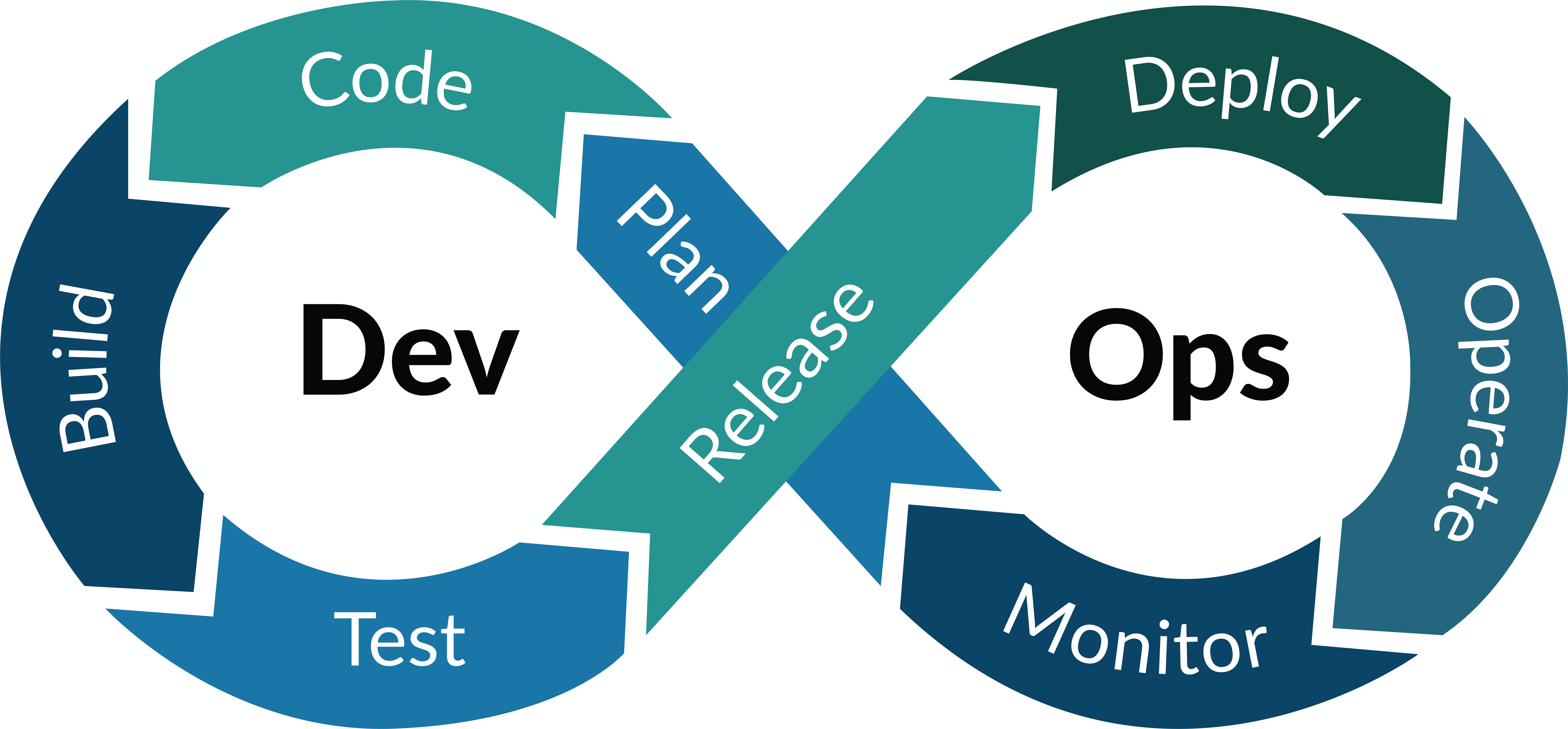In the dynamic and fast-paced world of technology, where innovation is the driving force behind progress, DevOps has emerged as a crucial methodology for organizations seeking to deliver high-quality software at a rapid pace. DevOps, a combination of “development” and “operations,” emphasizes collaboration, automation, and integration between software development and IT operations teams. It aims to shorten the systems development life cycle and provide continuous delivery with high software quality.
With the increasing adoption of DevOps practices across industries, the demand for skilled professionals in this field has skyrocketed. As a result, DevOps certification programs have gained popularity as a means for individuals to validate their expertise and stand out in the competitive job market. In this article, we delve into the significance of DevOps certification, its benefits, and how it can propel your career forward in the ever-evolving tech landscape.
1. Defining DevOps Certification
DevOps certification programs offer comprehensive training and evaluation of individuals’ knowledge and skills related to DevOps principles, practices, tools, and methodologies. These certifications are typically offered by reputable organizations and training providers and cover various aspects of DevOps, including but not limited to:
Continuous Integration (CI) and Continuous Delivery (CD)
Infrastructure as Code (IaC)
Automation
Collaboration and communication
Monitoring and feedback loops
Agile principles and practices
2. The Importance of DevOps Certification
a. Validation of Skills and Expertise
One of the primary reasons individuals pursue DevOps certification is to validate their skills and expertise in the field. Certification serves as tangible proof of one’s proficiency in DevOps practices, tools, and methodologies, providing employers with assurance of the candidate’s capabilities.
b. Career Advancement Opportunities
DevOps certification can significantly enhance career prospects by opening up new opportunities for advancement. As organizations increasingly prioritize DevOps practices, certified professionals are in high demand across various industries. Whether you’re seeking a promotion within your current organization or exploring new job opportunities, DevOps certification can give you a competitive edge in the job market.
c. Keeping Pace with Industry Trends
The tech industry is constantly evolving, with new tools, technologies, and methodologies emerging regularly. DevOps certification programs not only equip individuals with the latest knowledge and skills but also ensure they stay abreast of industry trends and best practices. This continuous learning is essential for remaining competitive and relevant in today’s fast-paced tech landscape.
d. Building Credibility and Trust
Certification from recognized authorities in the field lends credibility to your expertise and instills trust in your abilities among employers, colleagues, and clients. It demonstrates your commitment to professional development and adherence to industry standards, thereby enhancing your reputation within the DevOps community.
3. Types of DevOps Certifications
DevOps certifications come in various forms, catering to professionals at different stages of their careers and with diverse skill sets. Some of the popular DevOps certifications include:
a. AWS Certified DevOps Engineer
Offered by Amazon Web Services (AWS), this certification validates individuals’ technical expertise in provisioning, operating, and managing distributed application systems on the AWS platform. It covers topics such as CI/CD pipelines, monitoring and logging, security, and scalability.
b. Docker Certified Associate
The Docker Certified Associate certification is designed for Docker professionals who possess the skills and knowledge necessary to design, develop, and maintain Docker container-based applications. It assesses candidates’ proficiency in Docker installation and configuration, image creation, networking, and orchestration.
c. Microsoft Certified: Azure DevOps Engineer Expert
This certification, offered by Microsoft, validates individuals’ expertise in designing and implementing DevOps practices on Microsoft Azure. It covers topics such as version control, CI/CD pipelines, infrastructure as code, and monitoring and optimization of Azure services.
d. Certified Kubernetes Administrator (CKA)
The CKA certification, offered by the Cloud Native Computing Foundation (CNCF), verifies individuals’ competence in administering Kubernetes clusters. It assesses candidates’ ability to perform various tasks related to Kubernetes, such as installation, configuration, troubleshooting, and application lifecycle management.
4. Tips for Obtaining DevOps Certification
a. Understand the Exam Objectives
Before embarking on your certification journey, familiarize yourself with the exam objectives and topics covered in the certification exam. This will help you create a study plan and focus your efforts on areas where you need improvement.
b. Gain Hands-on Experience
Hands-on experience is invaluable when preparing for DevOps certification exams. Practice using relevant tools and technologies in real-world scenarios to solidify your understanding and skills. Many certification programs offer labs, exercises, and practice exams to help candidates prepare effectively.
c. Leverage Training Resources
Take advantage of training courses, study guides, practice exams, and other resources provided by certification vendors and reputable training providers. These resources can help you supplement your knowledge, reinforce key concepts, and assess your readiness for the exam.
d. Join DevOps Communities
Engage with the DevOps community through forums, user groups, meetups, and online platforms. Networking with fellow professionals can provide valuable insights, tips, and support throughout your certification journey. Additionally, participating in discussions and sharing your knowledge can deepen your understanding of DevOps principles and practices.
5. Conclusion
In today’s tech-driven world, where agility, collaboration, and automation are paramount, DevOps has become a cornerstone of software development and IT operations. DevOps certification not only validates individuals’ skills and expertise but also opens doors to exciting career opportunities and ensures they remain competitive in the ever-evolving tech landscape.
Whether you’re a seasoned DevOps practitioner looking to advance your career or a newcomer eager to enter the field, pursuing DevOps certification can be a transformative step toward achieving your professional goals. By investing in continuous learning, gaining hands-on experience, and staying engaged with the DevOps community, you can embark on a rewarding journey of growth, innovation, and success in the dynamic world of DevOps.
